Volcanic Environment Effects on Coffee Guatemala Volcanic Region Antigua Coffee Bean Flavor Characteristics
Fertile volcanic soil, low humidity, plenty of sunshine and cool nights are characteristic of the region and are home to some of Guatemala's most extraordinary coffees. The valley around the town of Antigua (hence the name of the area) is surrounded by three volcanoes: Agua, Fire and Akatnango. Every once in a while, Fuego, one of Guatemala's three active volcanoes, adds fresh mineral-rich ash to the soil of Antigua. The volcanic pumice in the soil retains water, which helps offset the low rainfall in Antigua. It may be very cold at night. In Antigua, the shade is particularly thick to protect coffee plants from occasional frosts in the area.
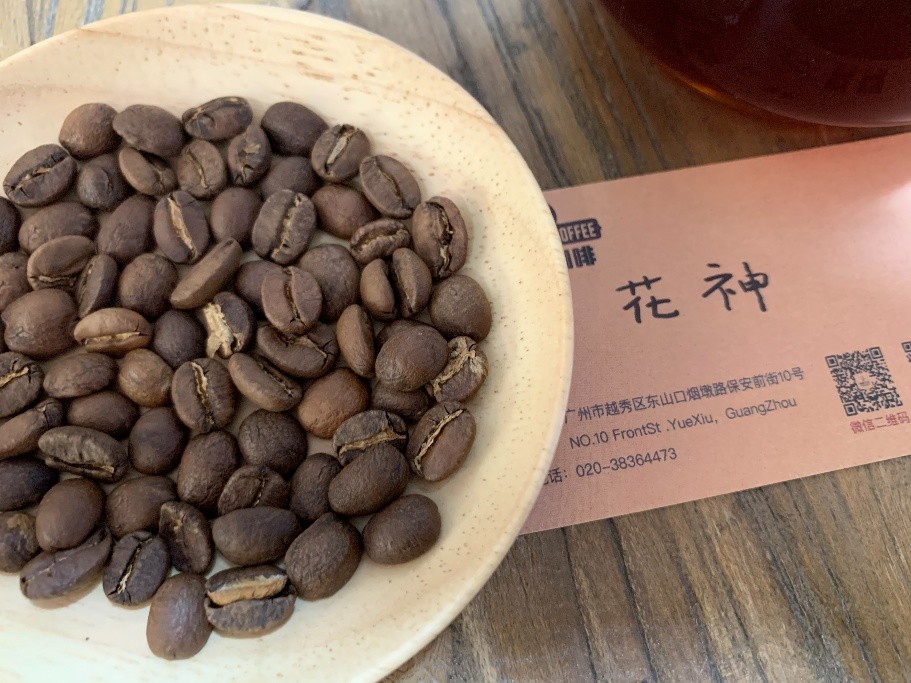
At this stage, the front street coffee from the Antigua producing area of Guatemala is only Flower God, the flavor of this coffee is very obvious, very rich, smooth taste. There is a sweet and sour feeling of berries in the final rhyme and an obvious sense of smoke.
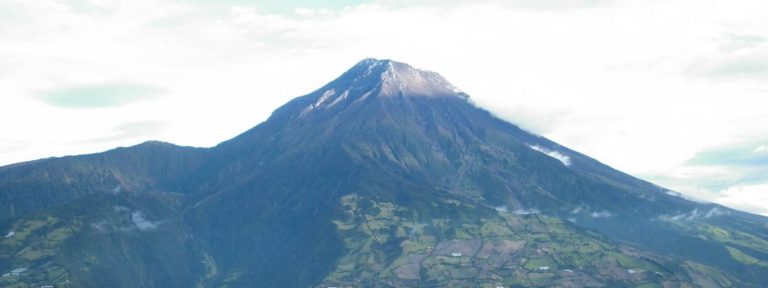
Around the world, volcanic soil is generally seen as "more fertile" and suitable for growing crops, including coffee. But why?
Worldwide, more than 800 million people-almost 10% of the world's population-live within 100km of the world's 1431 active volcanoes. Despite their destructive power, active volcanoes also attract millions of tourists each year and provide geothermal energy that can be used to support local communities. In addition, volcanic material produced during volcanic eruptions can be mixed with the surrounding land to form some of the world's most fertile crop-growing soils. In particular, coffee plants thrive in volcanic soil, which has a series of physical, chemical and mineral properties, which make it superior to other soil types in agriculture. However, the soil is only part of the story; the volcanic environment also provides other conditions for growing the world's most delicious coffee.
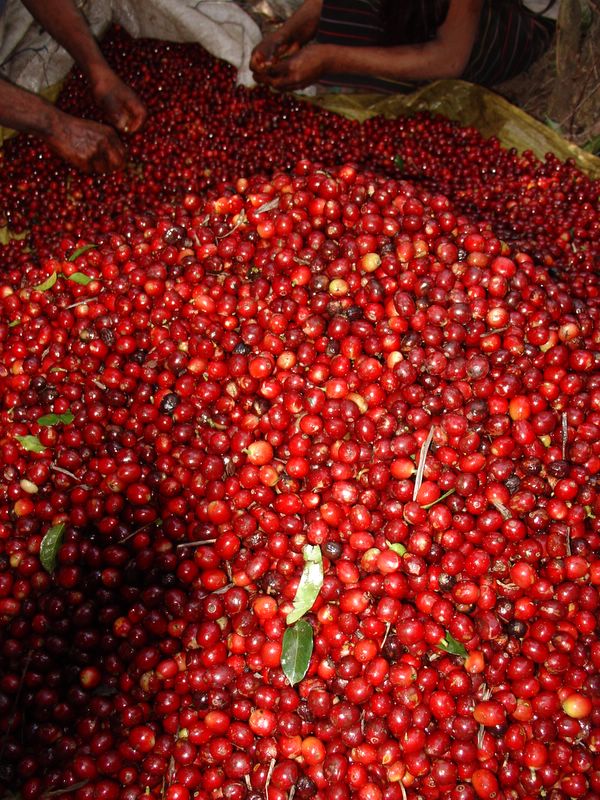
The power of volcanic soil
Most volcanic soils are formed by "tephra". Tephra is a mixture of volcanic particles (ash) and rock debris that erupts from the volcano during eruption and then falls to the ground. Over time, volcanic ash decomposes to produce what we call volcanic soil.
Most volcanic soil is called Andisol or Andosols, which comes from the Japanese words anshokudo and ando, meaning "dark soil". Andy sols are light and fluffy; they contain a high proportion of silicate glass and have a tendency to accumulate organic matter.
Andisol is very suitable for plant rooting for a variety of reasons. First of all, they have low density and stable but porous structures. This enables the soil to effectively retain moisture and make it relatively resistant to drought. Because of their high permeability, plant roots can also grow deep and drain easily, which prevents the roots from becoming too wet and rotting.
The growth of coffee plants requires a variety of nutrients, which are transported through the soil. To some extent, volcanic soils are fertile because they are relatively "young"; they retain many of the nutrients found in primitive rocks. Although it varies from volcano to volcano, Andisol usually contains phosphorus, potassium, calcium, magnesium, zinc, iron and boron, all of which are important for the development of coffee plants.
Important Notice :
前街咖啡 FrontStreet Coffee has moved to new addredd:
FrontStreet Coffee Address: 315,Donghua East Road,GuangZhou
Tel:020 38364473
- Prev
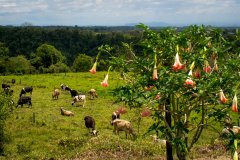
Deborah Manor Natural nitrogen impregnation method Rosa Coffee beans Flavor characteristics pressure anaerobic treatment?
I saw a tweet from Deborah Manor on ins the other day, introducing the joint product with corvuscoffee and starting to savage geisha coffee beans. According to the official website, this is an extremely limited product that will experience a subversion of the definition of coffee. With these super gardening prostitutes from Finca Deborah, you will get a new perspective on innovation in the wine industry.
- Next
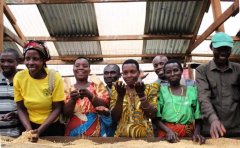
Flavor characteristics of TOH washed champion beans by processing gogoguka coffee in Wulaga, Ethiopia
The Gogogu Wet Mill from deep in the Guji Forest brings incredible ripe blackberries, hot acidity and classic Ethiopian flowers such as bergamot and jasmine. Believe it or not, premium coffee from the forested areas of Urajavida (the highest in Ethiopia, 2310 masl above sea level) was once trucked across the border to Yegashafi, where it is there.
Related
- Detailed explanation of Jadeite planting Land in Panamanian Jadeite Manor introduction to the grading system of Jadeite competitive bidding, Red bid, Green bid and Rose Summer
- Story of Coffee planting in Brenka region of Costa Rica Stonehenge Manor anaerobic heavy honey treatment of flavor mouth
- What's on the barrel of Blue Mountain Coffee beans?
- Can American coffee also pull flowers? How to use hot American style to pull out a good-looking pattern?
- Can you make a cold extract with coffee beans? What is the right proportion for cold-extracted coffee formula?
- Indonesian PWN Gold Mandrine Coffee Origin Features Flavor How to Chong? Mandolin coffee is American.
- A brief introduction to the flavor characteristics of Brazilian yellow bourbon coffee beans
- What is the effect of different water quality on the flavor of cold-extracted coffee? What kind of water is best for brewing coffee?
- Why do you think of Rose Summer whenever you mention Panamanian coffee?
- Introduction to the characteristics of authentic blue mountain coffee bean producing areas? What is the CIB Coffee Authority in Jamaica?

